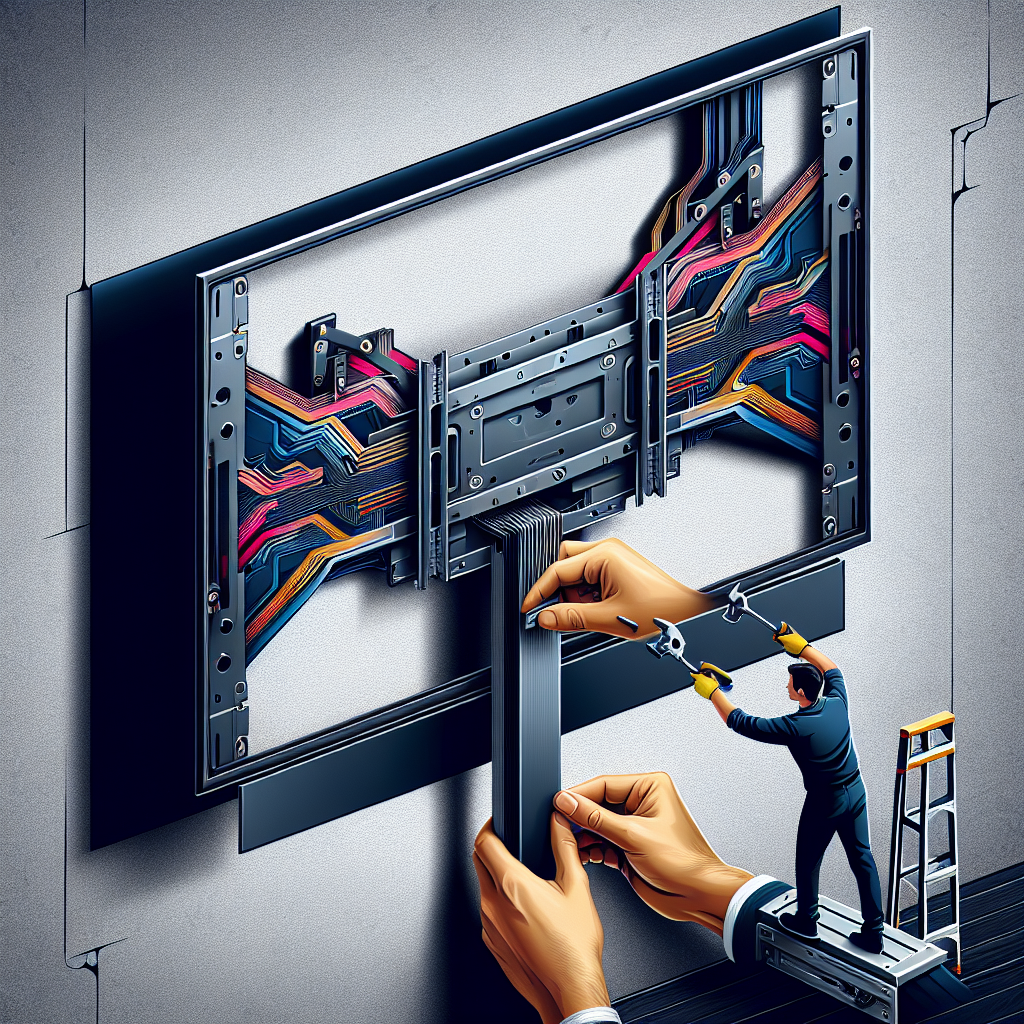Introduction
The rapid evolution of technology has profoundly reshaped various aspects of our lives. Among these, the consumer experience is witnessing unprecedented transformation. From artificial intelligence (AI) to augmented reality (AR), innovative technological advancements are creating more personalized, convenient, and engaging experiences for consumers worldwide.
Personalized Experiences Through AI
Artificial Intelligence is at the forefront of enhancing consumer experiences. AI algorithms analyze vast amounts of data to understand individual preferences and behaviors. This data-driven approach enables companies to offer highly personalized recommendations, ensuring that consumers receive content, products, and services tailored to their unique needs.
Recommendation Systems
Platforms like Netflix and Amazon utilize AI to deliver sophisticated recommendation systems. By analyzing viewing and purchasing history, these platforms can suggest movies, shows, and products that align with each user’s tastes.
Chatbots and Virtual Assistants
AI-powered chatbots and virtual assistants like Siri, Alexa, and Google Assistant provide consumers with immediate responses to inquiries, facilitate product searches, and support online shopping experiences. These tools not only improve efficiency but also enhance customer satisfaction by offering 24/7 support.
Augmented Reality for Immersive Shopping
Augmented Reality (AR) is revolutionizing the shopping experience by bridging the gap between online and in-store shopping. AR allows consumers to virtually try on clothing, accessories, and makeup, or see how furniture fits in their home environment, reducing uncertainty and enhancing satisfaction.
Virtual Try-Ons
Brands like Warby Parker and Sephora have integrated AR technology into their apps, allowing customers to try on glasses and makeup virtually. This realism not only elevates the shopping experience but also reduces return rates.
Home Visualization Tools
Retailers such as IKEA use AR to let customers visualize how furniture and decor items will look in their living spaces before making a purchase, providing a seamless and informed shopping experience.
The Rise of Mobile Commerce
Mobile technology is another game-changer in the consumer experience. With the increasing prevalence of smartphones, consumers can shop, pay, and interact with brands from anywhere at any time.
Mobile Payment Solutions
Solutions like Apple Pay, Google Wallet, and various banking apps allow consumers to complete transactions swiftly and securely through their mobile devices. This convenience extends to in-store purchases, online shopping, and peer-to-peer payments.
Location-Based Services
GPS and location-based services enable brands to provide localized offers and information, enhancing the relevance and timeliness of marketing messages. For example, a retail app can notify a user about a special promotion when they are near a physical store.
Big Data and Consumer Analytics
Big Data and advanced analytics are instrumental in understanding consumer preferences and driving strategic decisions. By analyzing consumer data, businesses can identify trends, predict needs, and optimize their offerings.
Customer Insight
Detailed consumer analytics provide businesses with insights into purchasing behavior, product preferences, and customer feedback. This information is crucial for tailoring marketing strategies and improving product development.
Predictive Analytics
Predictive analytics uses historical data to anticipate future behaviors, enabling companies to proactively meet consumer demands. This foresight helps in inventory management, personalized marketing, and customer relationship management.
Blockchain for Enhanced Transparency
Blockchain technology is promoting transparency and trust in consumer transactions. Its decentralized nature ensures data security and integrity, making it particularly valuable in supply chain management and financial transactions.
Supply Chain Transparency
Blockchain enables consumers to track the origin and journey of products, ensuring authenticity and ethical sourcing. For example, food companies can provide detailed information about the journey of a product from farm to table.
Secure Transactions
In financial services, blockchain technology ensures secure and transparent transactions, reducing fraud and enhancing consumer confidence in online payments and digital currencies.
Conclusion
Technological advancements are continually redefining the consumer experience, making it more personalized, interactive, and secure. As AI, AR, mobile commerce, big data, and blockchain further evolve, the potential for enhancing consumer engagement and satisfaction is limitless. Businesses that embrace these technologies are well-positioned to lead in today’s competitive landscape, offering superior experiences that meet the ever-growing expectations of modern consumers.




